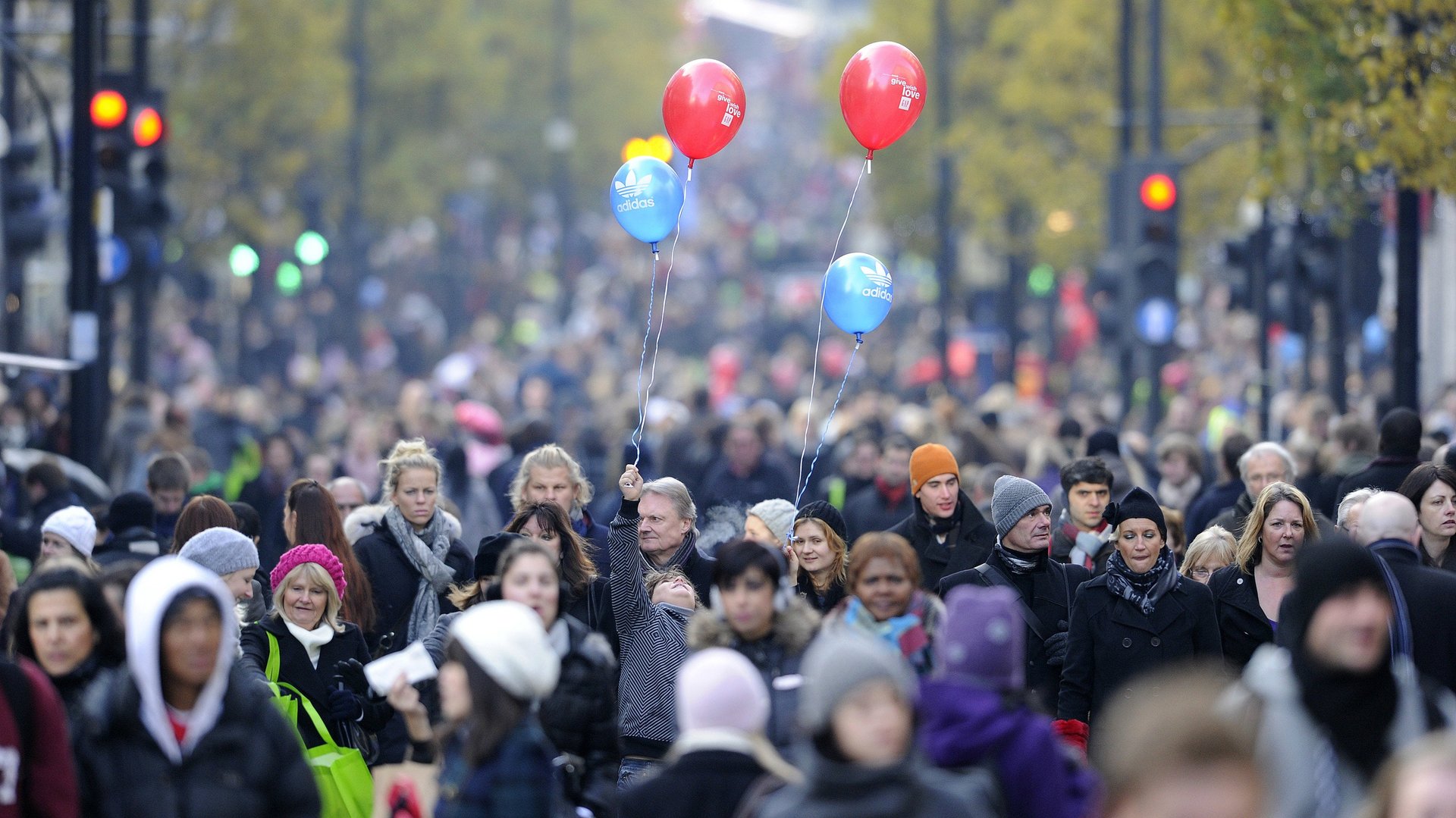You’re not a jerk if you can’t remember faces: Facial blindness is a spectrum, neuroscientists say
Scientists have known about prosopagnosia, a disorder that leaves sufferers unable to recognize faces—sometimes even their own reflection—for decades.


Scientists have known about prosopagnosia, a disorder that leaves sufferers unable to recognize faces—sometimes even their own reflection—for decades.
But in recent years, researchers in the field have slowly established that our ability to recognize faces lies along a spectrum, meaning that even those without a fully-fledged disorder have a neurological excuse for their poor facial memory.
“Virtually every psychologist nowadays would say all kinds of cognitive abilities, like reading and maths and so on, are distributed on a continuum,” says Richard Cook, a psychology lecturer at City University London whose research focuses on prosopagnosia. “And face recognition is no different.”
The news comes as a blessing to people like me. I don’t have a serious condition (those with severe prosopagnosia can’t recognize close family and friends) but it’s a relief to finally have an explanation for my poor facial memory.
When I start a new job, I stare at my colleagues’ faces, making a conscious effort to remember who they are—and inevitably fail. I’ve had entire conversations with people who knew me well enough to ask after my brother’s girlfriend by name, but whom I would walk past without looking twice. I can never introduce myself to someone for fear we’ve met many times before. And it turns out this fear of causing offense is common among those with prosopagnosia.
Cook says my poor facial memory sounds “very much” like a mild form of prosopagnosia, and that I’m not alone in having this difficulty. Whereas it was once thought that face-blindness, in its most extreme form, was a rare condition affecting one in 10,000, researchers now believe that around 2% of the population have some form of it.
“I’m sure there are rude people out there,” says Cook. “But when a prosopagnosiac doesn’t recognize you, it’s absolutely definitely not because they’re rude. They have a genuine condition.”
Increasing awareness of the prosopagnosia over the past five years has led to more people coming forward, allowing researchers to develop a more nuanced understanding of the condition. Growing evidence of super-recognizers, who never forget a face, helped establish that face-blindness is a spectrum rather than a binary condition.
Facial recognition is a complex and unique skill, and just because someone’s unable to remember faces, doesn’t mean they’ll have overall poor memory or IQ. There’s just one cognitive ability that seems to be linked with facial recognition: navigation. Though the two don’t always go hand-in-hand, they often overlap and certainly do for me. (When I once tried to drive from south to central London, I somehow wound up driving west to Heathrow airport.)
The origins of face-blindness are not yet well understood. It seems that the areas of the brain involved in facial recognition are poorly connected for those with prosopagnosia, and the same white matter fibers that affect connectivity in these regions might well also play a role in navigation. But the explanation is still uncertain.
So far, studies have managed to create limited, short-term improvement in face recognition for those with the condition. But to truly make a difference, Cook believes it’ll be necessary to intervene early in development, when the brain is highly plastic. It’ll take more than a face-recognition-training app to help those with prosopagnosia remember a face.